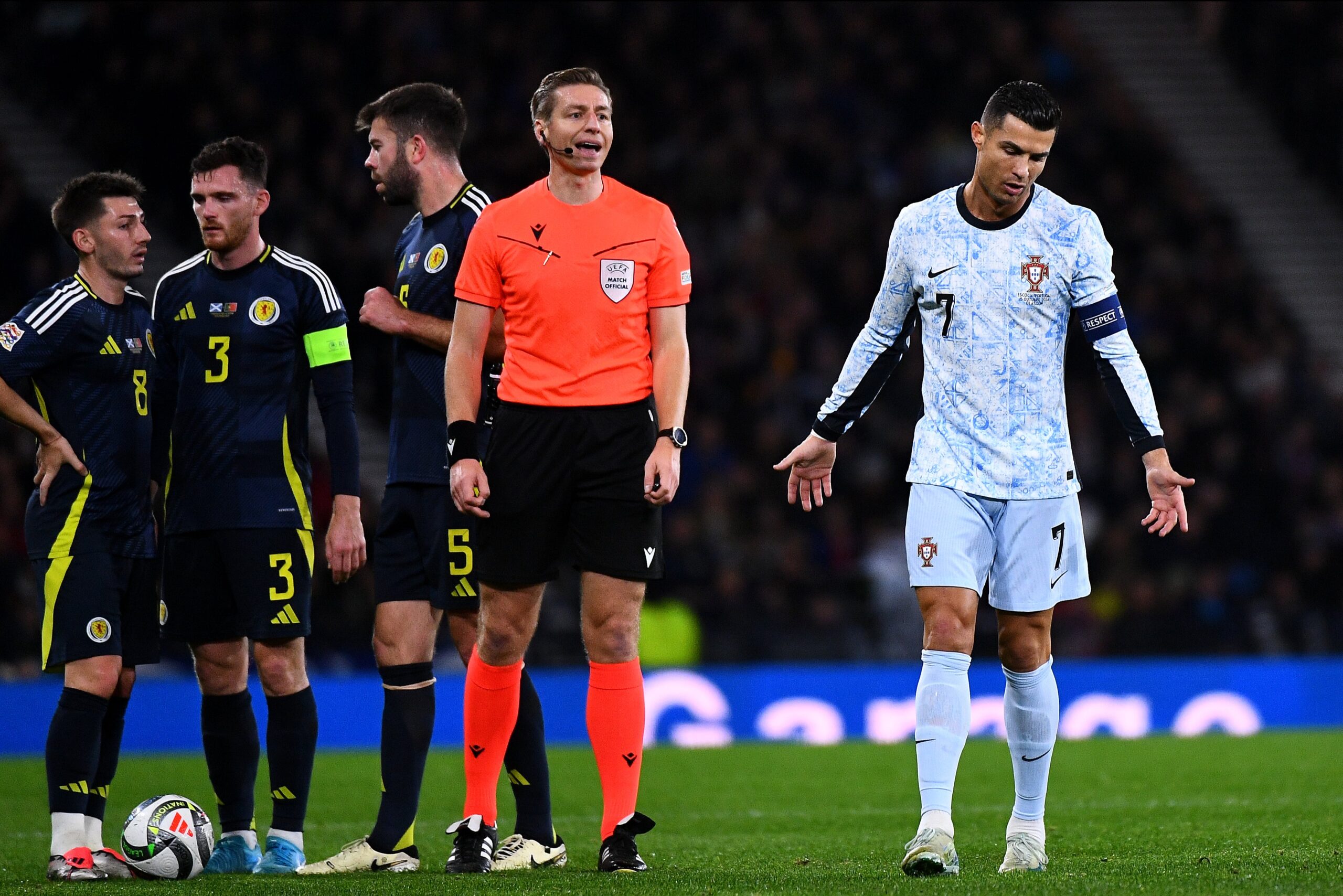Graham Potter made his comeback with an apology and a smiling level of self-awareness. He had been out of work for 20 months but unemployment has rarely been so high profile. Potter has been a constant in the conversations, a man forever supposedly spotted on shortlists. Many a major job has come and gone; Potter may have been close to some, but not the more prestigious posts at England or Manchester United. Now he can be removed from such discussions. As West Ham hired their second manager since Potter left Chelsea, he ended his exile.
“I apologise that everyone is flipping sick of Graham Potter being linked with this job and that job,” he joked. Everyone perhaps including Potter himself. There have been times over the past two years when it has been tempting to wonder where he would resurface; West Ham’s club website felt the need to say he had been “awaiting the right opportunity” to explain his absence. Perhaps he had not wanted to plunge himself into unnecessary danger by taking over a relegation-threatened side. But even going to West Ham, realistically the best job he could get in England now, raises a question for their board: if Potter is the ideal candidate, why was he overlooked for Julen Lopetegui last summer?
Potter’s ubiquity and his long wait may reflect a duality, a difficulty discerning how good a manager he is and which job actually suits him. Mentions of his 12-year journey from the Swedish fourth tier to the Champions League appeared deliberate, a reminder of how remarkable his rise was. Yet the Chelsea job felt too big for him. It scarcely helped that Potter was parachuted into chaos, pitched into the middle of a unique experiment, with Todd Boehly as his interim director of football and a squad that seemed to grow by the day during transfer windows. During Potter’s reign, Chelsea spent £320m and won 12 games. That is not entirely an indictment of Potter: the scattergun spending and inflated prices had little to do with him.
Though a likeable man, Potter was scarcely the most compelling communicator, He did not display the personality to shape Chelsea. If he was hired as an antidote to Thomas Tuchel, he was too much of one. There can be a theme to West Ham’s choices: David Moyes is somehow their two most charismatic managers among their last five appointments.
But there is a duality to West Ham, too: with the second highest average attendance in the Premier League but the fourth biggest club in London. Are they camouflaged enough for him? Much of Potter’s best work has come out of the limelight; first in the obscurity of Ostersund, then at Swansea and Brighton. Potter shifted the style of play immediately at the Amex Stadium but, after 15th- and 16th-place finishes, it took until his third year for a significant upturn in results.
It is a reason why he was wise to avoid a six-month contract at West Ham; also to steer clear of Everton whose squad seems to contain no Potter-style passers and which could have been a mismatch that backfired for manager and club alike. Yet West Ham still comes with a level of scrutiny and expectation: Lopetegui came and went in 22 games. At Chelsea, Potter seemed to feel his five-year contract granted him more time than it actually did. This season may be a write-off for West Ham, but patience will not be limitless.
In his mild-mannered way, Potter seemed to have diagnosed some of the problems of a side without an identity. “My experience is [building] a team that’s identifiable on the pitch, the supporters are proud of and enjoy watching,” he said. Mentions of “alignment” felt telling, too, given the lack of harmony between director of football Tim Steidten and both Lopetegui and Moyes.
Potter is an intelligent man. A concern may be that he has too many ideas: when some of his substitutions worked at Brighton, he appeared to be correcting errors in the initial selection. His constant tinkering at Chelsea was in part a consequence of a vast pool of players but it lacked a clarity of thought. Given West Ham’s sizeable squad, their considerable transfer outlay and lack of chemistry so far, there is a need for direction.
And entertainment. Not purely because of the “West Ham way” that Sam Allardyce scoffed at. Potter has to address the suggestion that, progressive a coach as he can be and much as his teams like possession, they lack a strategy to be prolific, and score too few goals. Brighton averaged little more than one a game in the Premier League; Chelsea, with 21 in 22, less than that. If Potter’s style of football could seem unambitious, so could his rhetoric.
There was a notable difference at his unveiling at West Ham. “Why put a ceiling on anything?” he asked. Taking the job, he said, felt “a bit like Christmas for the adults”. But Christmas then gives way to the reality of January. For Potter, at a tipping point in his career, West Ham will provide an examination of whether he belongs among the Premier League’s elite or if he is a manager better suited to Ostersund or Brighton.
Source: independent.co.uk



